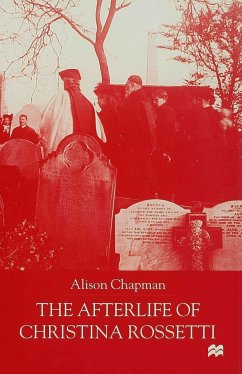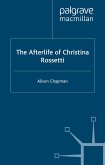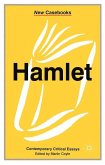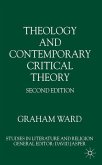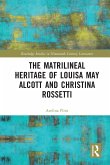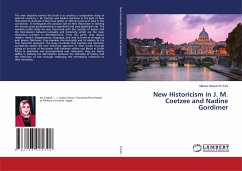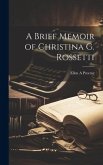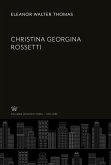Despite new historical study of her contexts, Christina Rossetti continues to haunt the reader as a displaced subjectivity emptied of history. Through an analysis of the posthumous in her work, the construction of 'Christina Rossetti' by her brothers, and the history of reception, this study asks how 'speaking with the dead' can avoid critical ventriloquy. The figure of the mother is offered as a paradigm for theorising a new reading that refuses to exorcise the ghost of 'Christina Rossetti'.
'The Afterlife of Christina Rossetti is a stunning piece of work, which merges biography, literary criticism and feminist theory in an innovative and exciting conjunction...Alison Chapman, in this theoretically informed and sophisticated study, examines Rossetti in the light of what is now acknowledged as a complex and often uneasy relationship between literature and history...Chapman is a brilliant scholar and a perceptive and original critic. Her study goes to the heart of the problems that confront all readers of nineteenth-century literature.' - Judy Simons, Professor of English and Dean of Humanities and Social Sciences, De Montfort University
Chapman's study of Christina Rossetti, based in Kristevan models of reading women's texts and their authors as subjects-in-process, presents the most exciting and original approach to Rossetti - and by extension to other nineteenth-century women writers - that has emerged in the last two decades. It is wonderfully lucid, a critical and theoretical tour de force. It's critique of the new historicism is compelling.' - Antony H. Harrison, North Carolina State University
'...exposes reductive readings of Goblin Market, describes biographical constructions of the trope Christina Rossetti, and gives a careful account of Dante Gabriel's revisions of his sister's work before publication.' - Matthew Reynolds, Times Literary Supplement
Chapman's study of Christina Rossetti, based in Kristevan models of reading women's texts and their authors as subjects-in-process, presents the most exciting and original approach to Rossetti - and by extension to other nineteenth-century women writers - that has emerged in the last two decades. It is wonderfully lucid, a critical and theoretical tour de force. It's critique of the new historicism is compelling.' - Antony H. Harrison, North Carolina State University
'...exposes reductive readings of Goblin Market, describes biographical constructions of the trope Christina Rossetti, and gives a careful account of Dante Gabriel's revisions of his sister's work before publication.' - Matthew Reynolds, Times Literary Supplement

